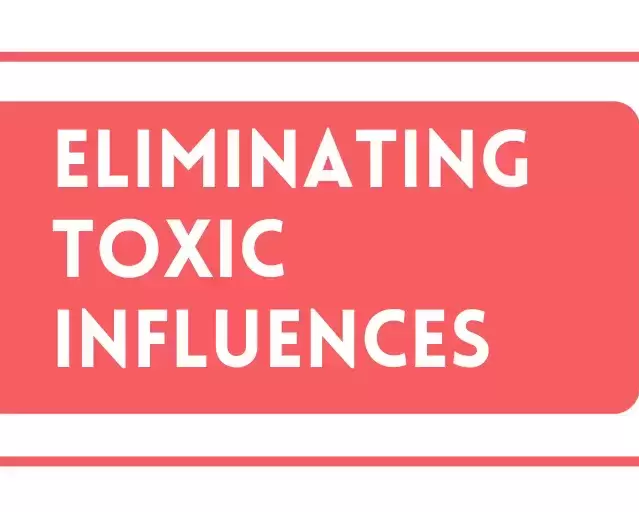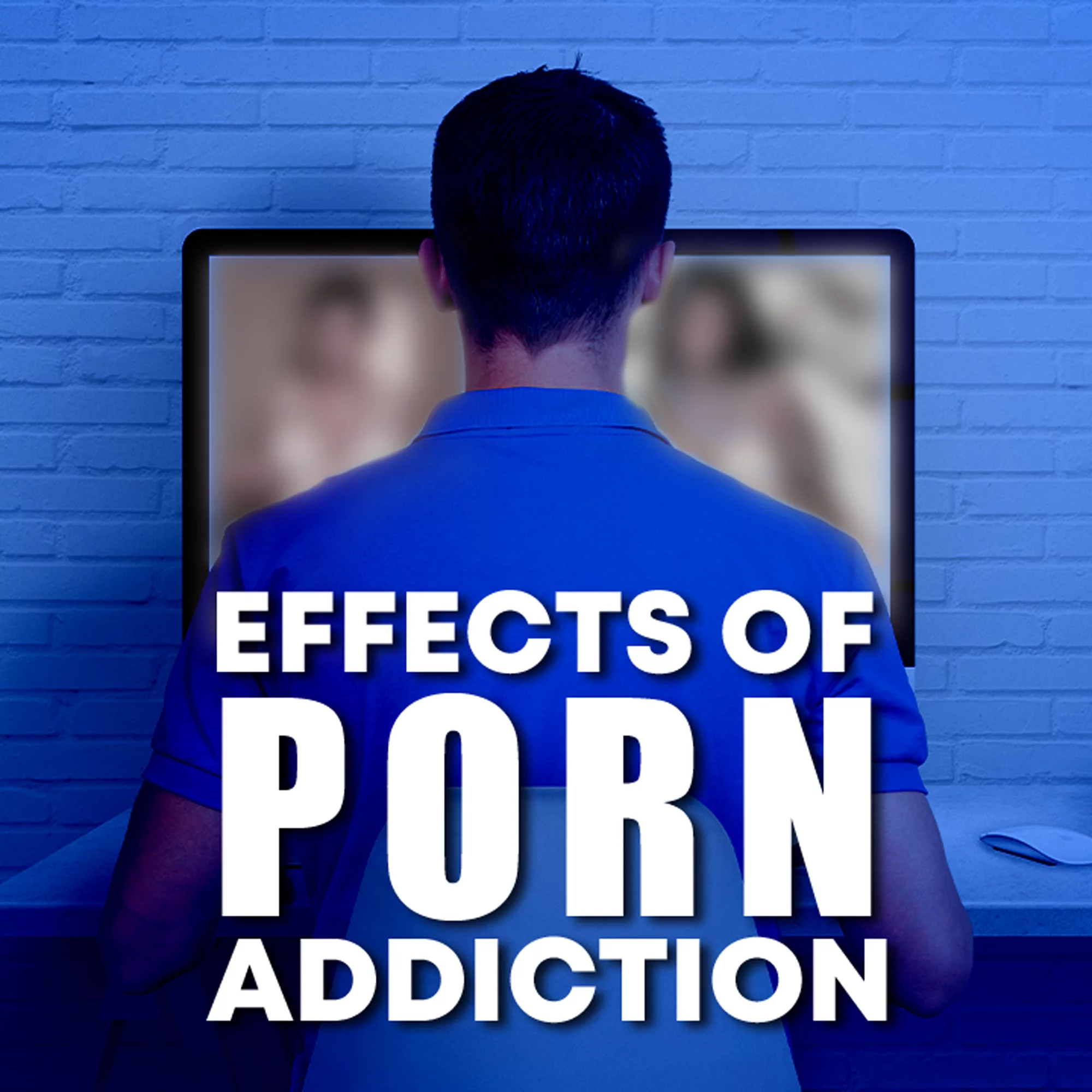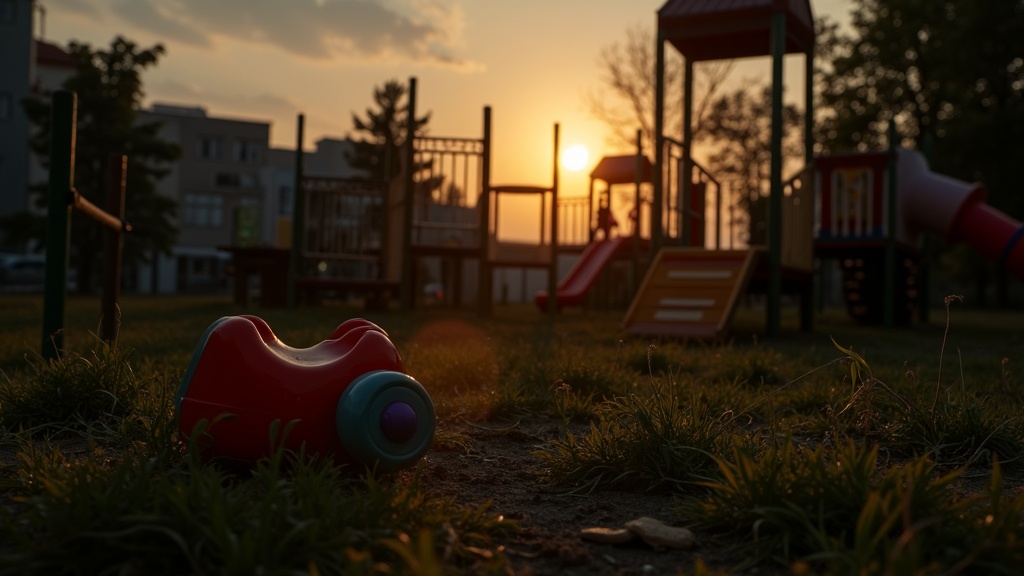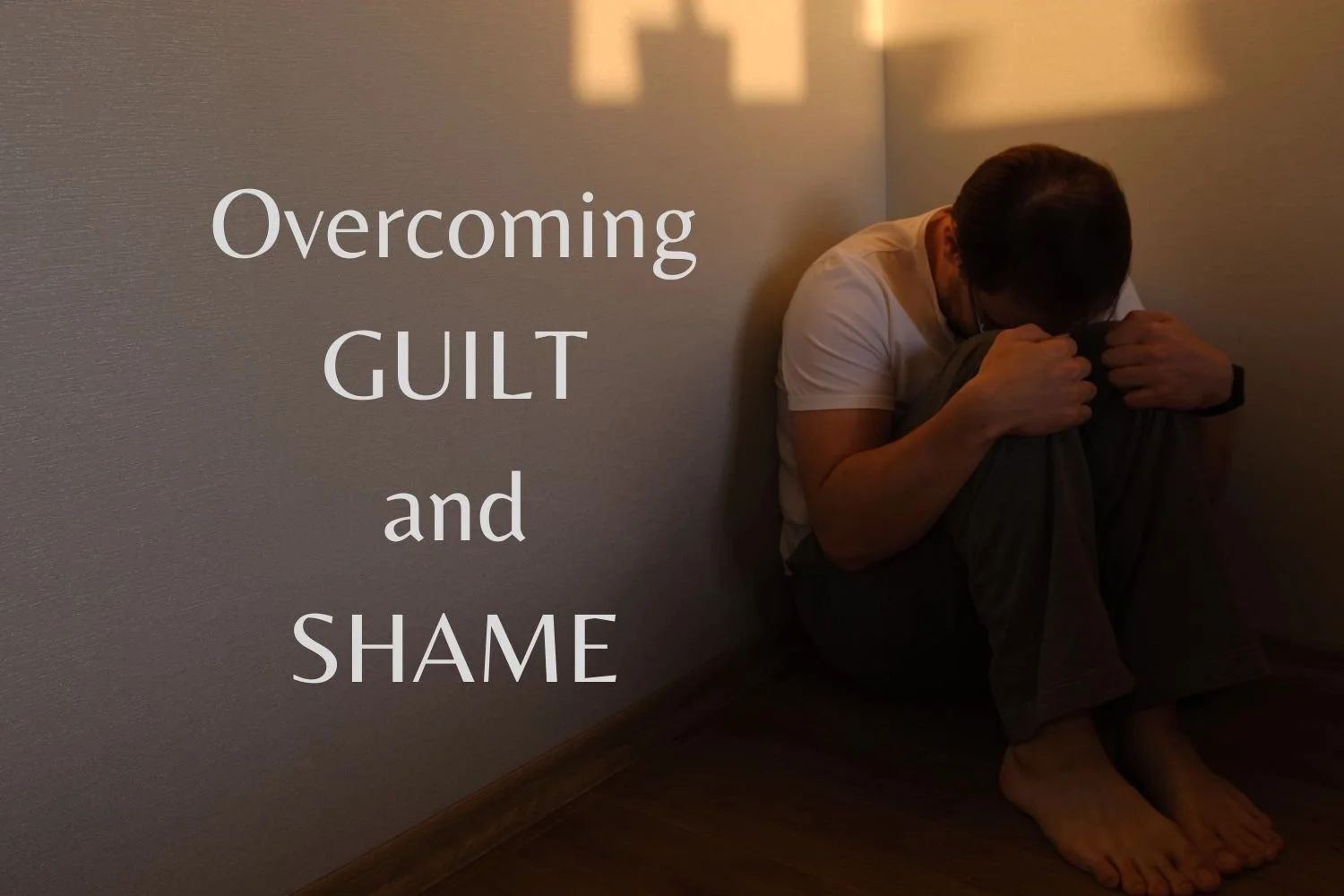Helping Someone Get Sober
Supporting someone who wants to get off drugs can feel like a big responsibility. It’s an adventure with ups and downs, and every step truly matters. If you’ve never helped someone through recovery before, it’s normal to wonder what actually works versus what may make things more complicated. Drawing on years of experience in addiction … Read more









